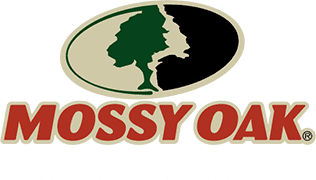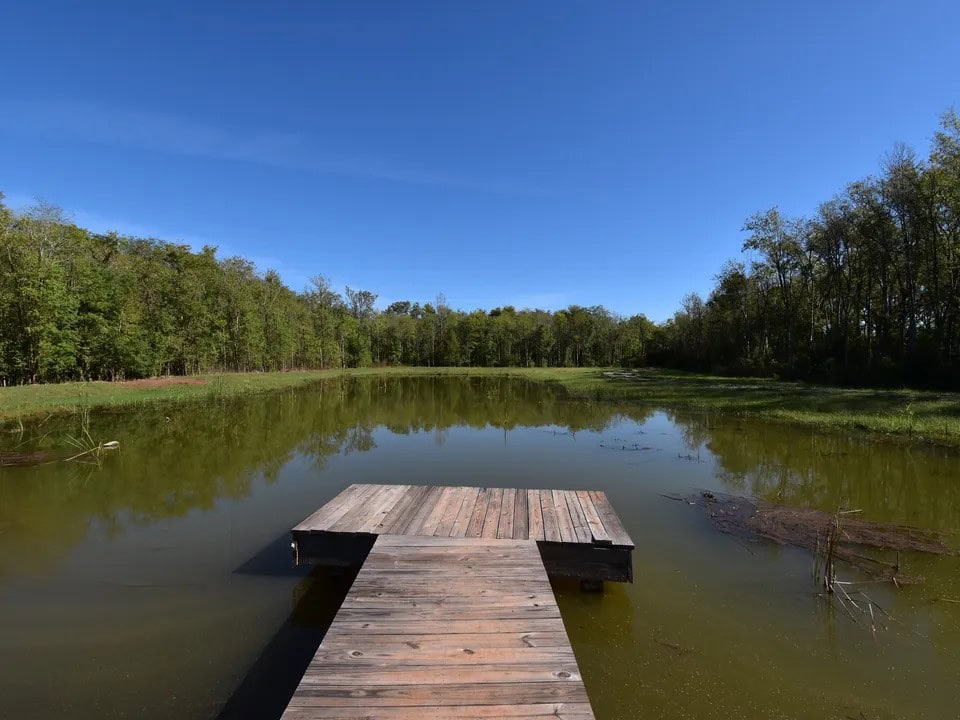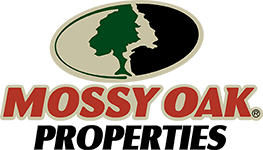Louisiana, often called the “Sportsman’s Paradise” has some of the most diverse landscapes in the United States. Its combination of fertile farmland, sprawling wetlands, and timber-rich forests makes it a top choice for land buyers. Beyond its beauty, Louisiana offers a lifestyle rooted in outdoor activities like hunting, fishing, and camping. Land values have steadily been climbing over the years, with the average price per acre going up from $3,200 in 2020 to $3,720 in 2024.
For those exploring land for sale in Louisiana, the options are vast. Whether you are considering rural retreats, recreational spots, or investment properties, this state has something unique to offer. Louisiana charm lies in its ability to combine natural beauty with practical opportunities for landowners.
The Different Land Types Available in Louisiana
Louisiana’s land comes in many forms, each offering something different. In the northern region, places like Franklin Parish and Madison Parish are known for their fertile farmland. These areas are perfect for growing crops like soybeans and corn, making them a favorite for agricultural buyers.
Moving toward Avoyelles Parish and Livingston Parish in central Louisiana, the focus shifts to timberland. These regions are a mix of pine and hardwood, ideal for timber harvesting or hunting. Speaking of hunting, many properties in these areas are sought after for their rich wildlife, including deer and waterfowl.
Coastal spots like Terrebonne Parish are home to wetlands and marshes. While they require a bit more attention to environmental regulations, they are excellent for conservation projects or fishing retreats. Recreational land near Lake Pontchartrain and the Mississippi River offers peaceful landscapes for fishing, camping, and more. The state’s variety ensures there is a match for nearly every land-buying goal.
What to Know Before Investing in Louisiana Property
Location and Accessibility
The location of the property can greatly affect its value and usability. Land closer to urban areas offers easier access to essential services, while rural properties provide peace and privacy. Accessibility is also important, especially if the land lacks paved roads or nearby utilities.
Zoning Rules
Each parish has specific rules that dictate how land can be used. Some areas may allow farming, residential development, or recreational use, while others impose stricter limitations. Knowing these rules can help you avoid restrictions that might stop your plans.
Flood Risk
Louisiana low elevation and proximity to rivers and coastlines mean that flood risks are common. Areas near the Mississippi River or Lake Pontchartrain are especially prone to flooding. Using updated flood maps and checking insurance options can help you manage this concern.
Utilities and Infrastructure
Basic utilities like water, electricity, and sewage are not always guaranteed, especially in rural areas. Ensure you know what infrastructure is available and budget for any improvements needed to make the land usable.
Legal and Ownership Details
Louisiana’s legal system, influenced by French and Spanish traditions, can make property laws more complex. Titles, mineral rights, and ownership transfers often require additional scrutiny. Consulting a local attorney experienced in Louisiana land purchases is a smart step to avoid complications.
A Step-by-Step Guide to Buying Land in Louisiana
- Set Your Purpose
Decide how you want to use the land. Whether for farming, recreational use, or timber investment, having a clear purpose helps narrow down your options and ensures you find the right property. - Survey the Land
Hire a professional surveyor to confirm the boundaries and condition of the property. This step ensures you know what you are buying and helps avoid disputes over property lines or hidden issues. - Check the Title and Ownership History
Research the title to ensure the property is free of liens, easements, or unresolved disputes. Title insurance can provide additional protection against potential legal problems in the future. - Review Environmental Factors
Louisiana’s diverse terrain includes wetlands and other environmentally sensitive areas. Be sure to understand any restrictions or special permits required for land use. This can save time and money later. - Work with Local Experts
Partner with a real estate agent or attorney who knows Louisiana’s land market. Their expertise can help you navigate the buying process, negotiate terms, and ensure you meet all legal requirements.
Financing Options for Louisiana Land Purchases
Financing land purchases often requires specialized loans. Traditional lenders may not offer loans for raw or undeveloped land, or they may require larger down payments and higher interest rates. Land loans are a better option, as they are tailored for properties without existing structures. These loans usually require a down payment of 20% to 50%, depending on the property and lender.
Another option is seller financing, where the seller offers a payment plan instead of requiring full payment upfront. This can be a helpful choice if conventional loans are difficult to secure. Additionally, Louisiana offers grants and programs for agricultural or conservation-related land purchases, which can help reduce costs for buyers interested in these uses.
Why Investing in Louisiana Land Makes Sense
Long-Term Investment
Owning land in Louisiana is a valuable investment. With increasing demand for recreational and hunting properties, land values continue to rise. This steady appreciation makes it a smart choice for both personal use and financial growth.
Outdoor Opportunities
Louisiana’s abundant wildlife and natural beauty make it a dream destination for outdoor enthusiasts. From hunting to fishing, owning land gives you unlimited access to your favorite activities without the need for permits or memberships.
Income Generation
Your property can provide passive income through leasing it for hunting or farming. If the land has mature trees, timber harvesting can also be a profitable option. These income streams help offset ownership costs and add financial value to your property.
Lower Property Taxes
Louisiana has some of the lowest property taxes in the country, making land ownership more affordable compared to other states. This allows you to hold onto your land long-term without a significant financial burden.
Common Challenges and How to Overcome Them
Flood Risks
Flooding is a common concern in Louisiana, especially in low-lying areas. Addressing this starts with consulting flood maps and evaluating the property’s elevation. Purchasing flood insurance and investing in proper drainage systems can help mitigate risks.
Complex Legalities
Louisiana’s property laws can be difficult to navigate. Titles and ownership details often require extra scrutiny. Working with an experienced attorney ensures that you understand your rights and avoid legal issues.
Environmental Restrictions
Wetlands and other protected areas come with strict regulations. Knowing these rules ahead of time helps you plan how to use the land without violating any laws or facing penalties.
Hidden Costs
Land ownership involves expenses beyond the purchase price, such as taxes, permits, and infrastructure improvements. Creating a detailed budget helps you anticipate these costs and prevents financial surprises later.
Frequently Asked Questions About Buying Land in Louisiana
What do you need to buy land in Louisiana?
To buy land in Louisiana, you need to define its purpose, secure financing or have full payment ready, and work with professionals like a real estate agent and attorney. They will help navigate zoning rules, title checks, and legal requirements.
How much does an acre of land cost in Louisiana?
The average cost of land in Louisiana is $3,720 per acre as of 2024. Prices can vary significantly depending on the property’s location, size, and type, such as farmland, timberland, or recreational land.
How much down payment is needed?
Most lenders require a down payment of 20% to 50% of the property’s price. The exact percentage depends on the lender, the loan type, and the property’s features, such as utilities and accessibility.
Do you have to pay property taxes on land in Louisiana?
Yes, property taxes are required for land in Louisiana. The state’s rates are relatively low compared to others, making land ownership more manageable and appealing for long-term investments.
What is the best loan option for buying land?
Land loans are the most suitable option for buying raw or undeveloped land. They are tailored for agricultural or recreational use and often require higher down payments but provide flexibility for these unique properties.
References:


